John Deere, a renowned $61 billion tractor firm, has announced a significant shift in its diversity, equity, and inclusion (DEI) policies.
The company stated it would cease “socially motivated messaging” and distance itself from “diversity quotas and pronoun identification.” This decision comes after facing severe backlash and a damaging boycott from its core demographic of farmers and conservatives.
Backlash Over Pride Event for Toddlers

The catalyst for this policy change was the sponsorship of a Pride event targeting toddlers, which sparked considerable controversy among conservative customers.
John Deere had been supporting events like the Little Rainbow Run at Capital City Pride, which included participation from toddlers, raising questions about the suitability of such initiatives under the corporate umbrella.
Official Statement on Policy Shift
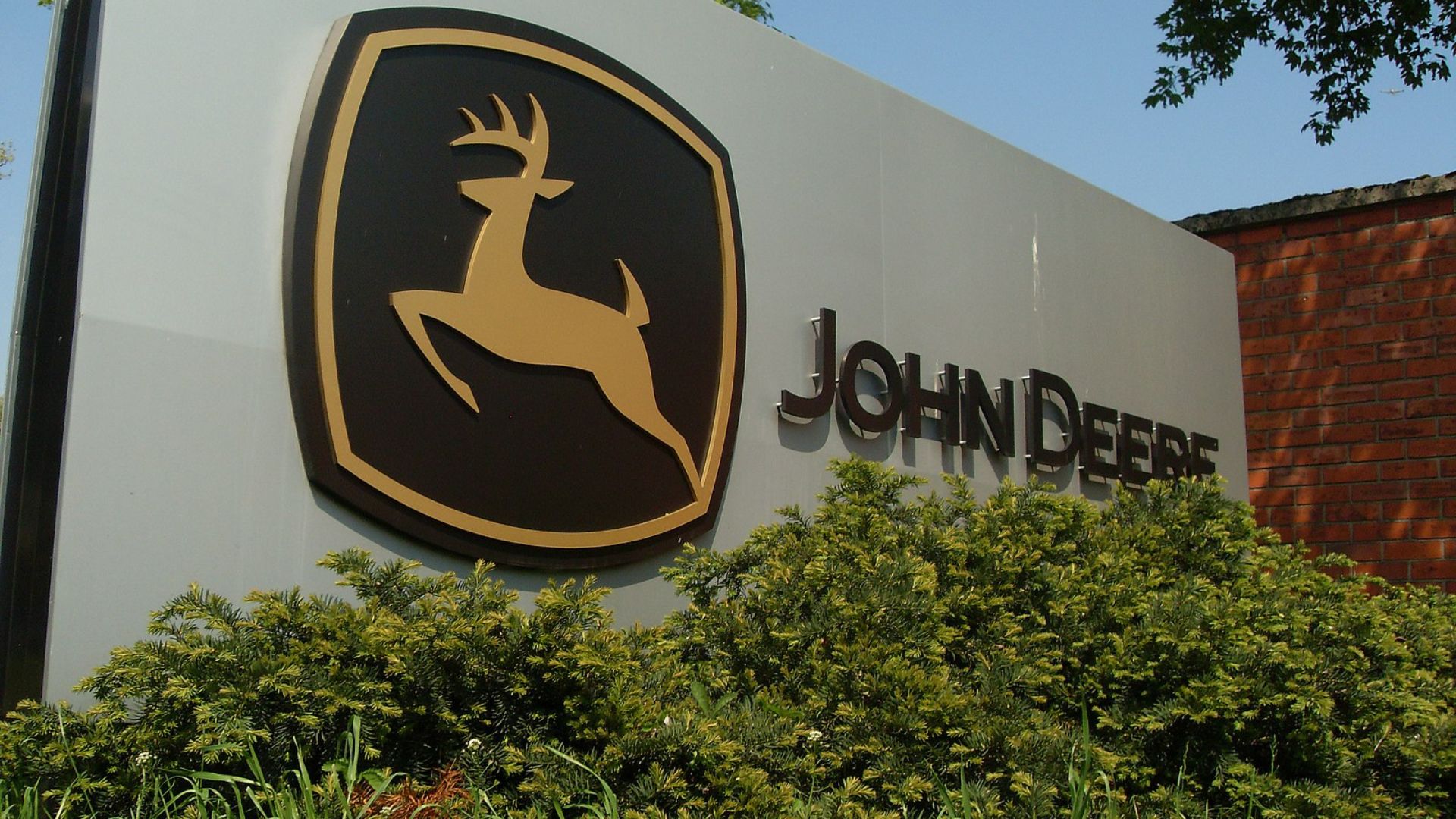
In an official statement, John Deere emphasized the importance of customer trust, stating, “Our customers’ trust and confidence in us are of the utmost importance to everyone at John Deere.”
The firm expressed its commitment to earning this trust “every day and in every way we can.”
Comparison with Other Corporate Backlashes
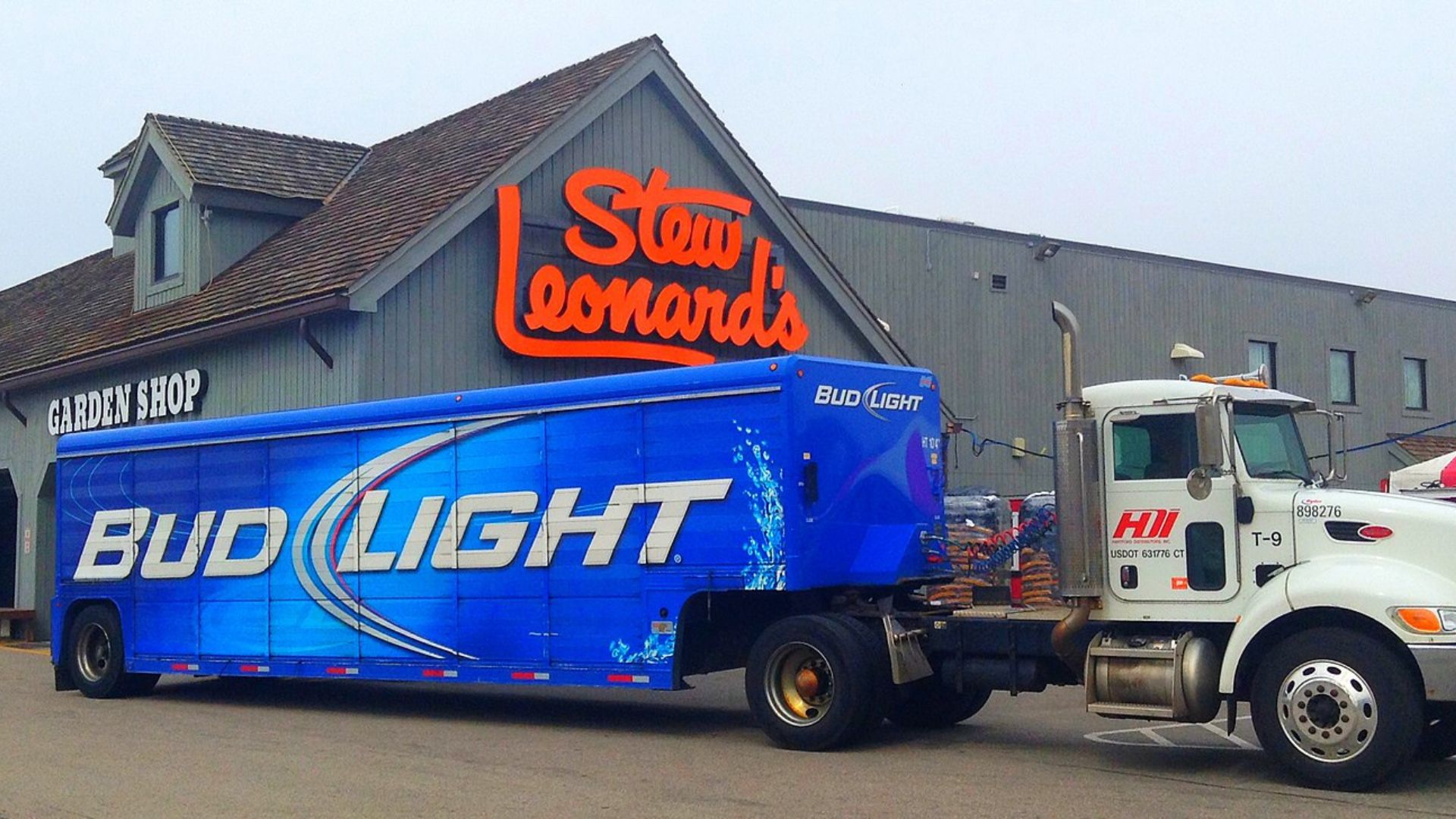
This incident at John Deere reflects a broader trend where companies face backlash for DEI initiatives.
Similar situations have unfolded at other corporations such as Tractor Supply and Bud Light, where conservative-led boycotts have forced a reevaluation and rollback of DEI policies following significant public and consumer pressure.
The Role of DEI According to Supporters and Critics
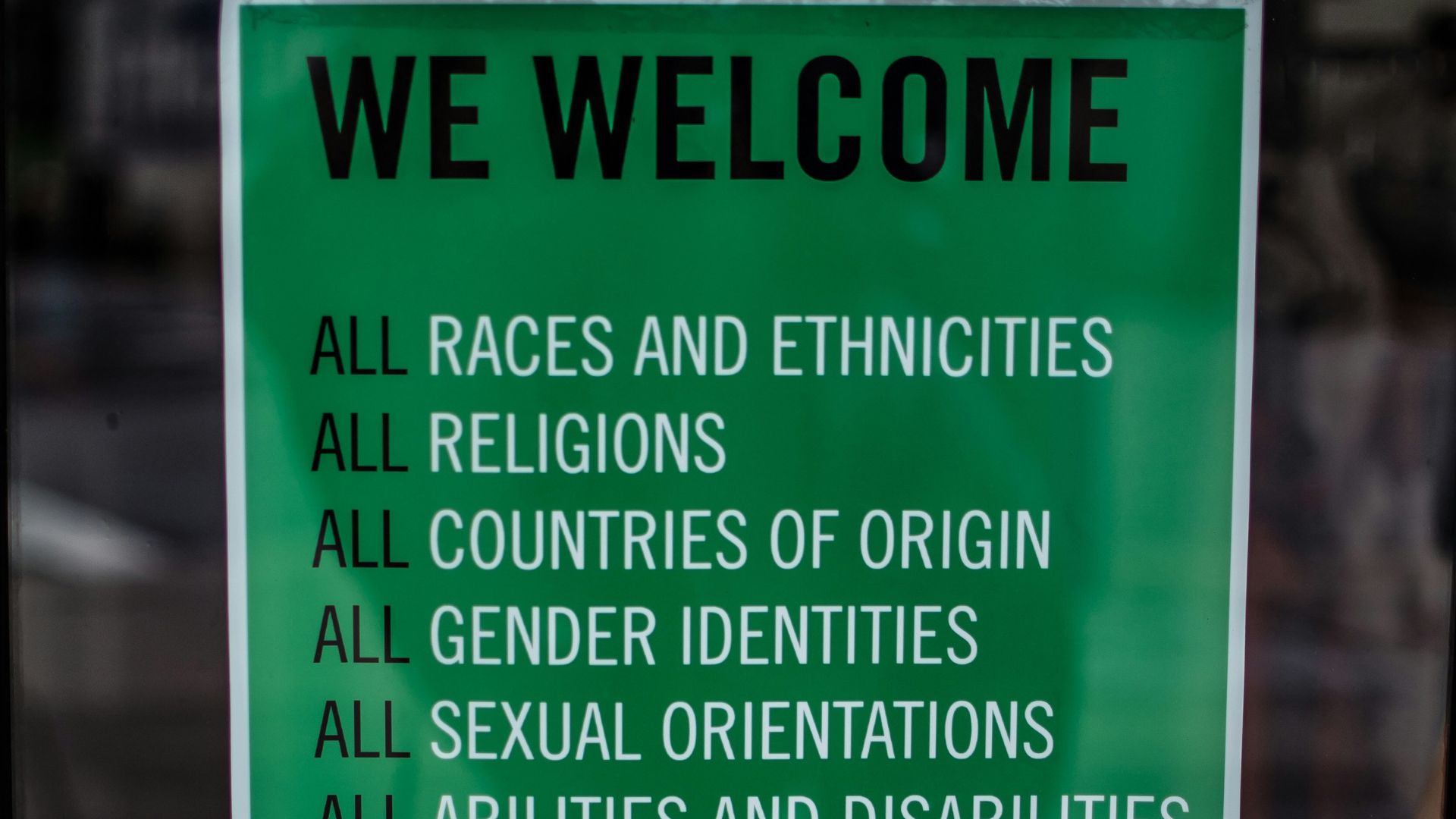
Supporters of DEI initiatives argue that these programs are essential for integrating a diverse range of talents into businesses, which can lead to enhanced perspectives and solutions.
However, critics argue that these initiatives serve as an irritating box-ticking exercise that often backfires, particularly on straight, white men.
Financial Implications for Executives
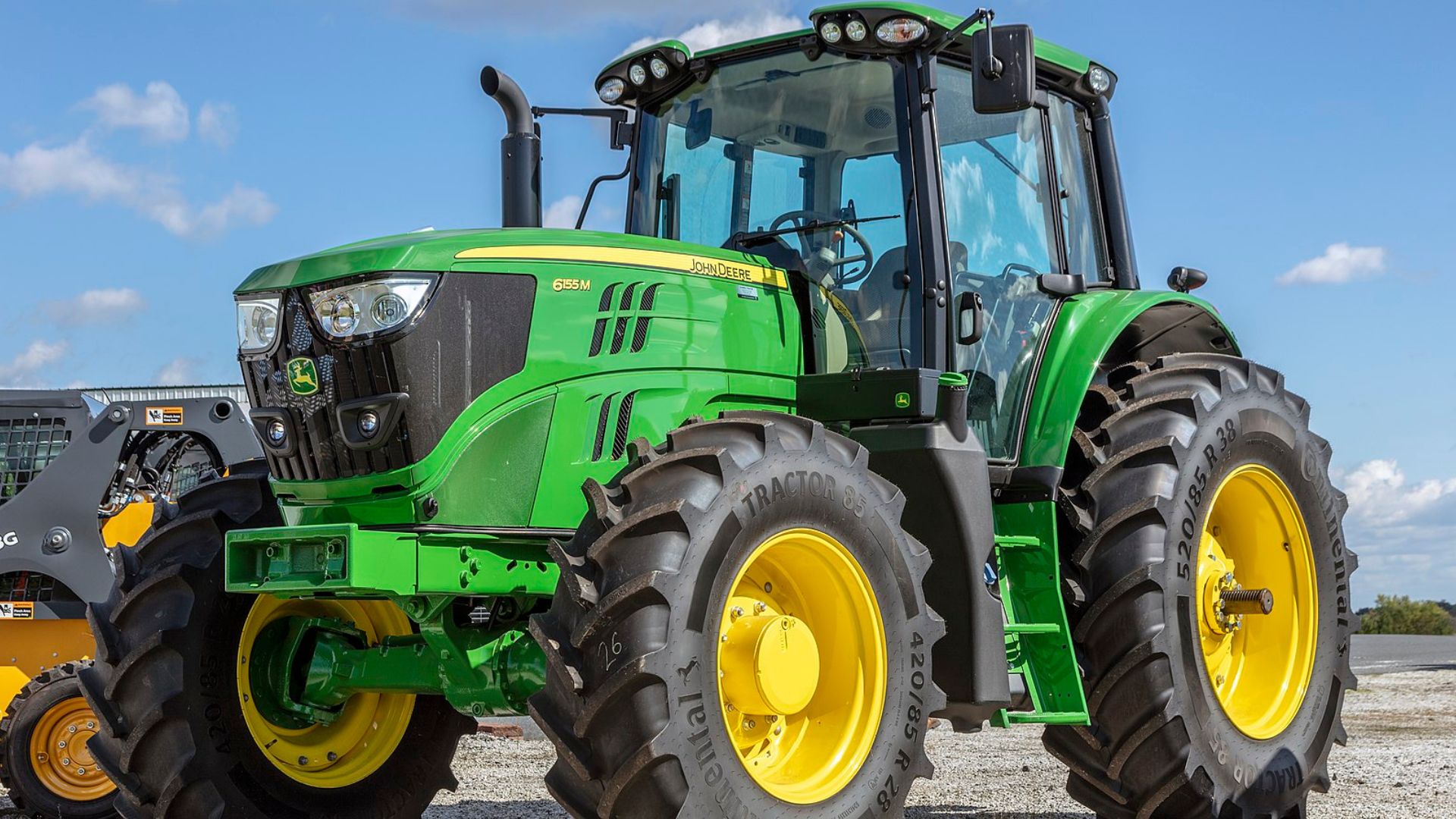
Amidst these policy changes, John Deere’s CEO, c, who reportedly made $26.7 million in total compensation last year, is under the spotlight.
The changes come at a time when the company is scrutinizing its strategies and attempting to maintain its market position and shareholder trust.
Specific Events Leading to Controversy

The company’s involvement in events like the Little Rainbow Run at the Capital City Pride event last month in Des Moines, Iowa, which involved toddlers in LGBTQ+ festivities, has been a particular point of contention.
This backlash highlights the challenges corporations face when aligning their brand with cultural and social issues.
Gender in Corporate Training

John Deere had incorporated elements like the ‘genderbread person’ in its staff training sessions, a tool used to explain the gender spectrum, moving away from traditional binary notions of gender.
This inclusion has been part of the broader DEI efforts that are now being scaled back.
Changes to Internal Policies
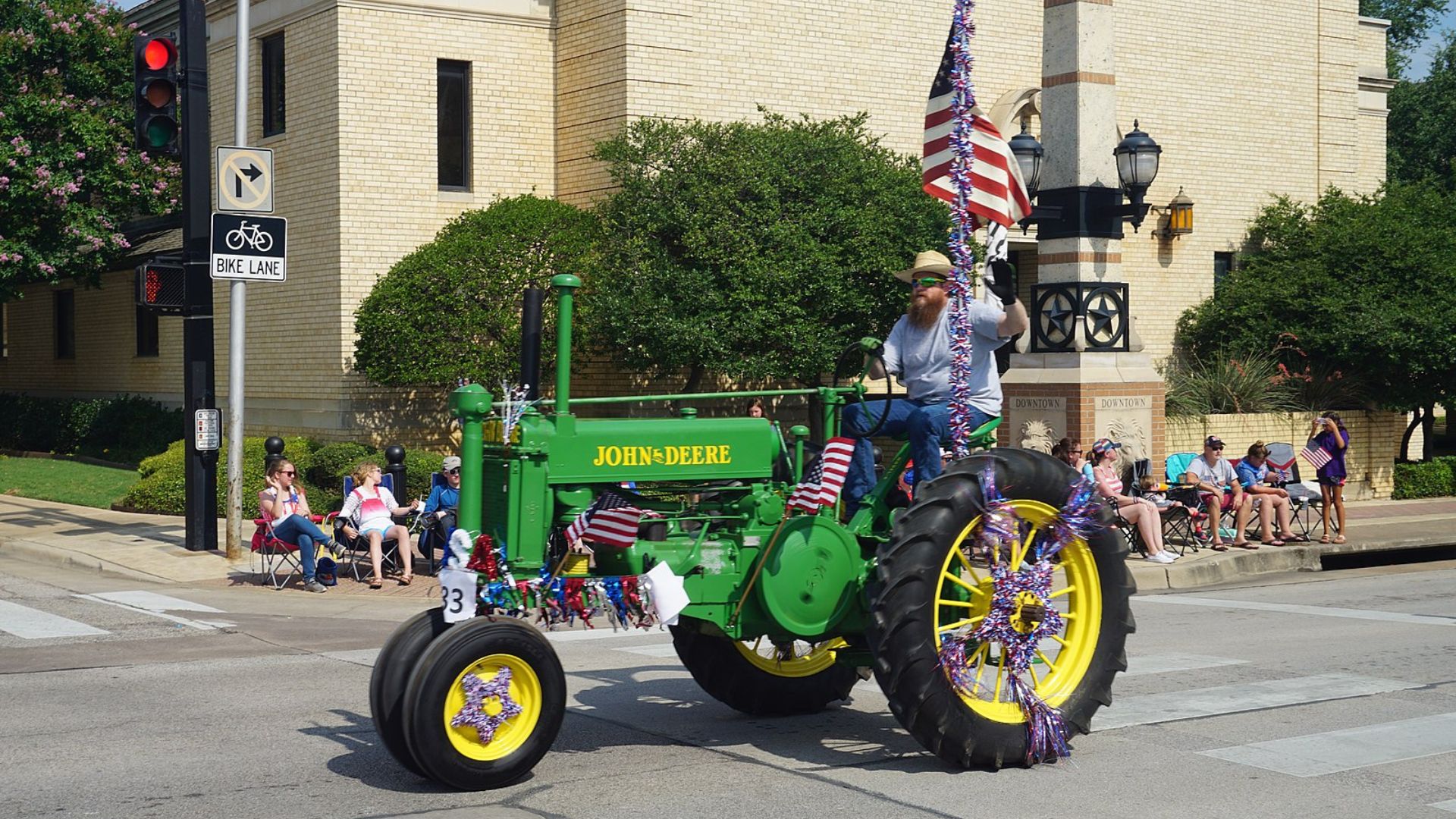
The firm’s website had previously encouraged staff to “use their personal pronouns” in email signatures, promoting a culture of mutual respect for identities.
This practice is among those being reconsidered as the company reassesses its internal policies to better align with its customer base.
External Pressure and Response
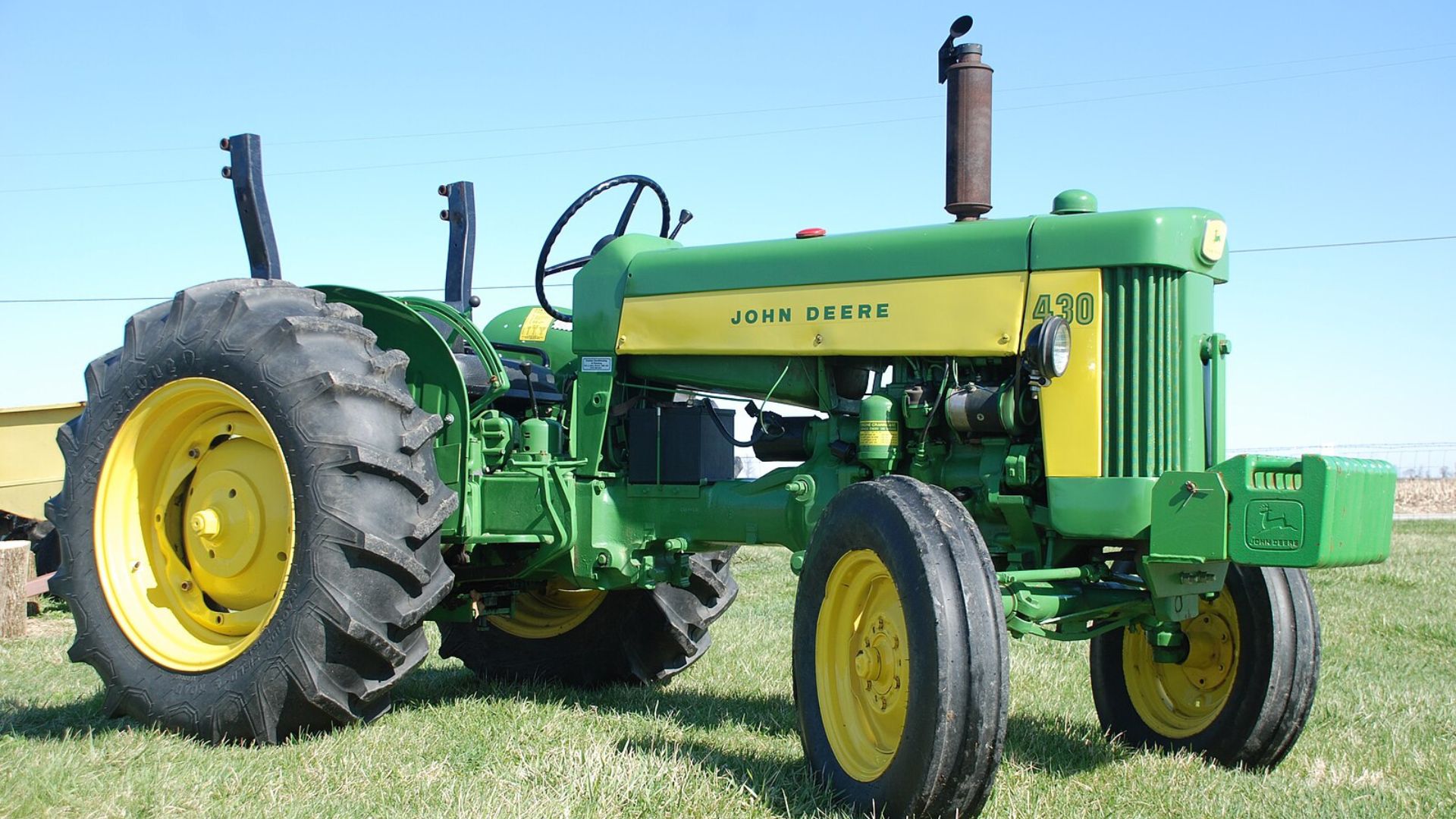
Robby Starbuck, a filmmaker and 2022 GOP House candidate, launched a pressure campaign against John Deere’s DEI policies.
In response, John Deere stated that it is “listening to feedback” and making adjustments accordingly, although the company did not directly reference Starbuck in its communications.
Strategic Realignment
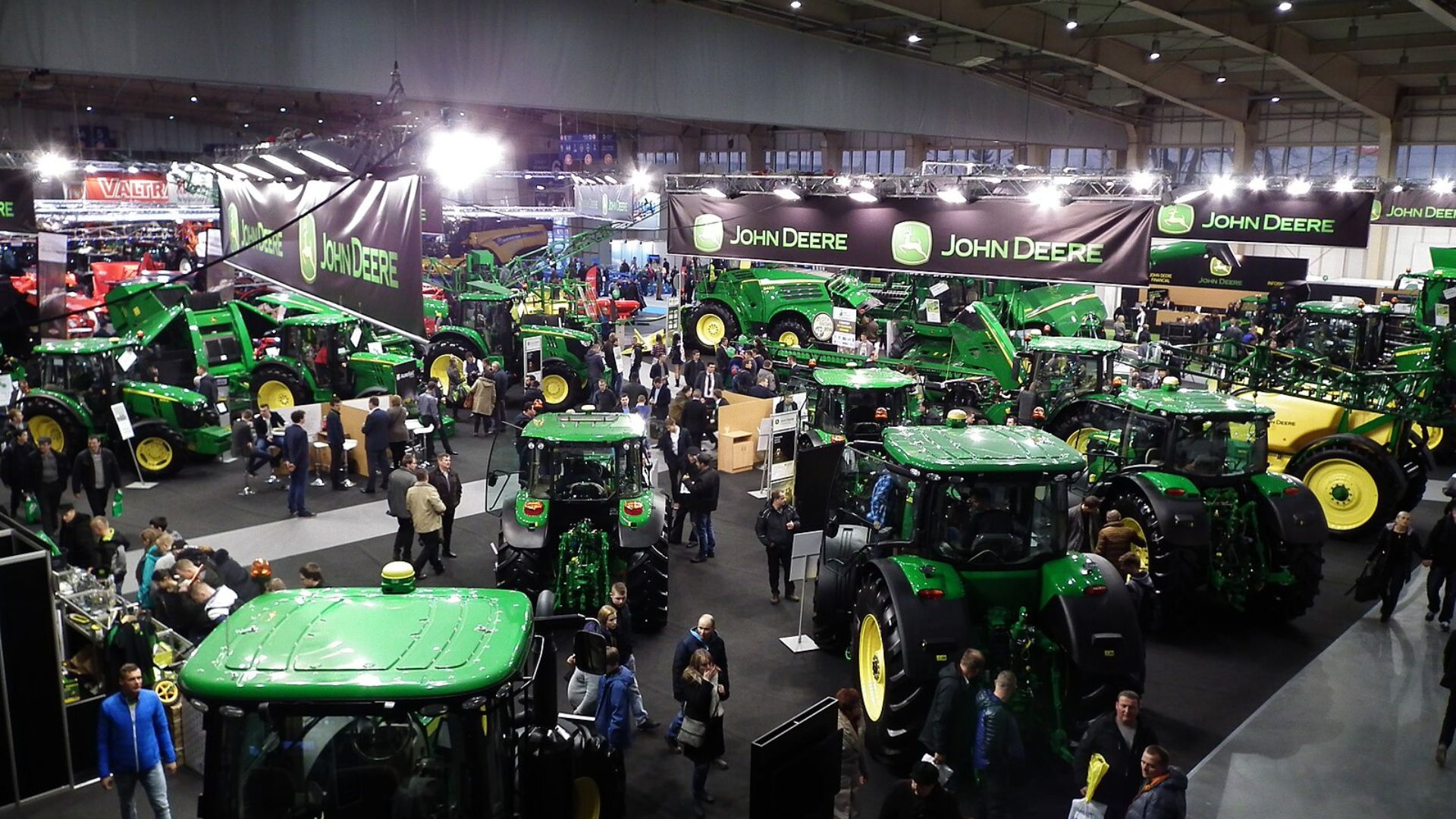
John Deere declared it would focus its messaging on core issues such as agriculture and hunger, moving away from supporting Pride and other cultural awareness parades, festivals, or events.
This change is part of a broader strategic realignment to concentrate on issues more directly related to its brand and customer interests.
John Deere’s Long-standing Legacy and Future Challenges
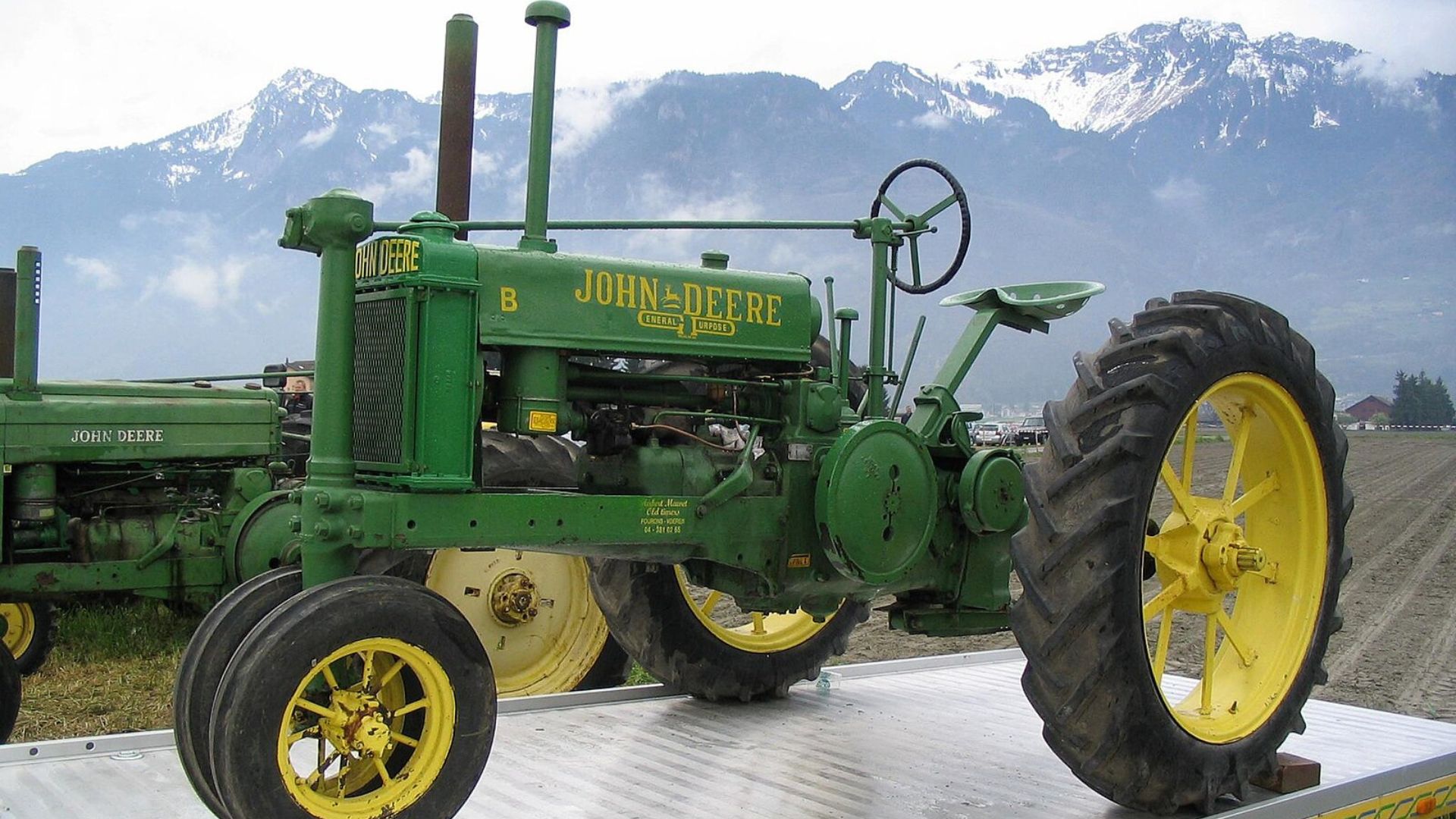
John Deere, established in 1837 and known for its iconic green tractors and leaping deer logo, faces new challenges as it navigates the complex landscape of public opinion and corporate responsibility.
The company’s long history of innovation in agriculture now includes navigating the sensitivities of societal and cultural changes.
